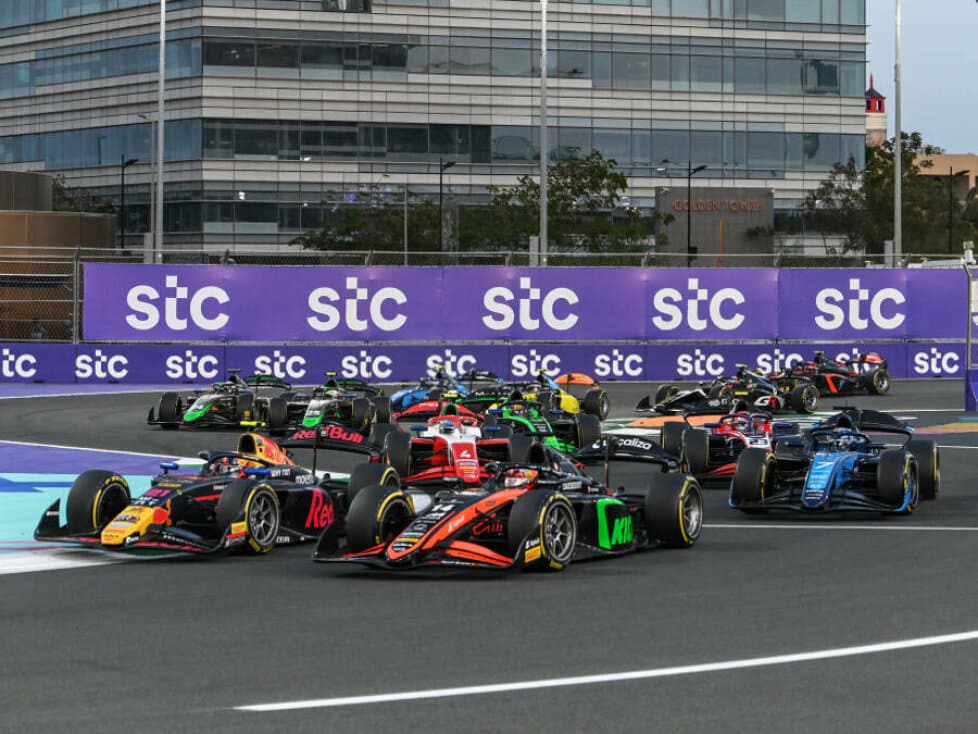Formula 2 does not consider it possible to bring the junior series into the hybrid era – These are the reasons why the technology will probably not come
The major series have committed to hybrid technology, i.e. a combination of combustion engine and electric motor. Formula 1 has been relying on it for a long time, and the World Endurance Championship, IMSA and IndyCar have followed suit. The World Rally Championship (WRC) only recently ended the experiment and will once again rely exclusively on combustion engines from 2025. But does it make sense to bring hybrids to the junior formula racing classes as well? Formula 2 boss Bruno Michel thinks it’s “impossible.”
So Formula 2 will continue to rely on pure combustion engines in the future; according to managing director Michel, the hybrid is not an option. The highest level on the way to Formula 1 has already considered equipping its car with an electric motor, but there is a simple reason why this idea has never been pursued: the costs.
“We simply cannot afford a hybrid like in Formula One,” explains Michel. ‘It’s as simple as that. We can’t do it because the costs would triple for a season.’ Even now, as drivers in the paddock keep saying, a season in Formula 2 costs well over a million euros, with entry costs of three million euros per car. With hybrid, it could quickly go up to nine million euros.
“We looked at what IndyCar is doing and also talked to the people in charge to see what we could adopt. To be honest, the benefits are almost zero due to the costs,” says Michel. ‘That’s why we decided to focus on sustainable fuel, because we already have an advantage as a series compared to other championships.’
Formula 2 already uses 55 percent renewable fuel, and the share is set to increase to 100 percent in 2025. Formula 1 will not follow suit until 2026. “So next year we will use 100 percent sustainable fuel, biofuel,” says Michel. “We will be the first to use synthetic gasoline soon. That is our approach. For us, relying on hybrid technology would mean a major technology change that we cannot afford.”
However, biofuel also presents challenges, as parts of the engine have to be adapted. For example, the injection system has to be further developed in order to use the new fuel efficiently. According to Michel, Formula 2 is therefore constantly working on further developing the engine. “Next year, the engine will look a little different than it does today. It will be adapted to the needs of the Aramco fuel, which will be 100 percent sustainable.”

